Adam Ullerich | Opinion Assistant Editor
Erik Erikson was a 20th century child psychologist who has published numerous books and papers that have changed the field of psychology as we know it today. He is most noted for his eight stages of psychosocial development in which he analyzed the human life, breaking it down into stages by years, and noted the most prominent conflict an individual faces during that time span.
His theory has nothing to do with this article, but what is important is how Erikson developed it. Up until 1937 Erikson’s ideas and opinions on psychological development were based on his friend and mentor Sigmund Freud’s psychosexual theory. All of this changed when he took the summer of 1937 to visit and observe the Sioux Tribe in South Dakota. The very first thing that caught his eye was that when he observed the classrooms of the public schools: all of the teachers were white and all of the students were native Sioux.
One could make a case for this not being such a huge deal, but it was extremely detrimental to the students learning and “seeking for truth”- the fathers of the school kids were raising the boys to follow the barely remaining herds of bison and continue the lives their fathers’ fathers had before them, but the white teachers were teaching the kids what they knew to be true and grew up with: geographical stability, earning a salary, and being a competitive individual in the society.
What resulted was an education system that was so far removed from the traditional world view of the Sioux that the kids ended up being torn between two worlds, unsure as to what is the right way to live. These produced children with huge identity uncertainty; at home you are taught to continue the way of living that has been in place for centuries, at school you are told you need to stay in one place, make money, and be the best. What resulted was a feeling of apathy, not because fathers of the young men and women were raising the boys to be nomads, but because the kids were so unsure in what they believed in, eliminating all feeling of value, identity, and role in society. This revelation came when Erickson asked Sioux mothers, “Before white people came, how were your children brought up?” They loved to talk about that and wondered why no one had ever asked them.
As a result of his questions and observations Erikson learned lessons that led to his greatest contribution to the psychosocial development: social context and empathy. He was a firm believer in Freud’s Psychosexual Theory, but he also found where his theory fell short, and that was in respect to the influence society has on an individual. Erikson developed his biopsychosocial model, stating that human development is an interconnected and continuous development of biological factors, psychological development, and social context.
I like what Erikson did (not only because I plan to be a future educator and will totes utilize his model, but…) because of how he went about finding his answers and finding his truths. First he observed the classroom and this did not really set much of a standard because there was nothing to relate it to. But then he took it one step further by actually asking the mothers of their children what it was like raising children before the white men and government provided the schools. This is a prime example of empathy and a prime example of why it is the most important step in defining a problem, generating ideas, prototyping, and implementing solutions. In doing so Erikson also reintroduced ethical observation.
When I step back and take a look at our campus, I see a divide. I see BVU students unsure as to what they should post on senates statuses, unsure as to what route they should go when trying to implement or draft a policy change, and I also see and hear as a proxy that Senate really would like some recognition for what they do.
So I propose we be like Erikson and question each other constantly; both student body and student senate. Each opinion valued, but not necessarily the best, most productive, necessary, or favorable. I see a senate that only asks for opinions through social media and hardly gets responses (cough, cough apathy), and, heaven forbid, there are opinions some of the members don’t agree with, because that post will soon be censored…making our roles as students connecting with senate harder, and my job as a journalist quite a bit more difficult. On the other hand, I see a student body that has made it extremely hard for senate to pass anything in a timely manner- with so many special interest groups and transfer-seeking (lobbying) behavior occurring within the walls of our senate anytime any money becomes available to do anything on campus, and every single policy must be the sweeping proposal that solves every problem of every single student. This is not how government should be. Size and power of government are important, but the most important factor in a favorably viewed government is flexibility, assuring ideas are at least produced in a timely manner and a senate that responds to the upsides and downsides of everything that has been implemented thus far. This is how I believe innovation occurs.
And my final note on the Student Senate is the Article VII clause 9 of the Student Senate constitution that specifically states, “it is the duty of officers and members of the student senate to oversee and periodically asses the S^3 initiative.”
Raise your hand if you know what the initiative was planned to do.
Anyone?…
Anyone?…
Bueller?
As I thought.
I was on senate freshman year and I have no freaking idea what it is. Thankfully I am currently sitting by a senator who is telling me that “it is an initiative to connect students with senators.” So what is my assessment of S^3?
Might as well call it S^2.
Do you want to know my opinion on the underground? Ask me.
Don’t just ask “hey, what should we do to the underground?” ask “what are your thoughts on the underground? Do you think that any additions would make you a more frequent visitor? Do you know of any student groups that would be excited to spearhead this project with us if we decide to do this?”
That is empathizing, and should be thought of as seeking information, NOT as a means to seek only people who agree with your opinion. Social media is by no means an avenue to talk to the student body, especially if you need to empathize. Facebook and Twitter may connect us, but Facebook and Twitter do not allow the student senate and the student body to exchange ideas civilly and there is no way for these outlets to allow us to share experiences and insights in a truly genuine, fully human, and impactful setting. (yet).
When there is a lack of empathy there is an obvious lack of problem recognition. When the problem is not recognized people feel they are not being represented or heard, and when people feel they are being poorly represented, they input their opinion.
(Don’t have people get pissed off and input their opinion, switch to DirectTV)
–or empathize.
Ask yourself if we really want a senate that passes a bunch of policy to appease their desired sense of worth and accomplishment, or if we want a student senate that knows what it is like to be a student of BVU’s campus – engaged, committed, and very concerned with the disconnect.
I do not try to be gloomy, but objective. I do not mean to be a nitpick, but to recognize problems and thwart group-think. Student senate is an extension of the student body, so I like to think of myself as a contributing member to the group. To end, I will leave you with two quotes by our introduction man Erik Erikson excerpted from Pulitzer Prize winning book Gandhi’s Truth:
[Comparing Gandhi’s and Freud’s methods of conflict resolution]
In both encounters only the militant probing of a vital issue can bring to light what insight is ready on both sides… at the end, only a development which transforms both partners in such an encounter is truth in action; and such transformation is possible only where man learns to be non-violent towards himself as well as towards others.
&
Hope is both the earliest and the most indispensable virtue inherent in the state of being alive. If life is to be sustained hope must remain, even where confidence is wounded, trust impaired.
Go Beavers! (I don’t think Erikson ever said that though)
Graphic by Justice Gage



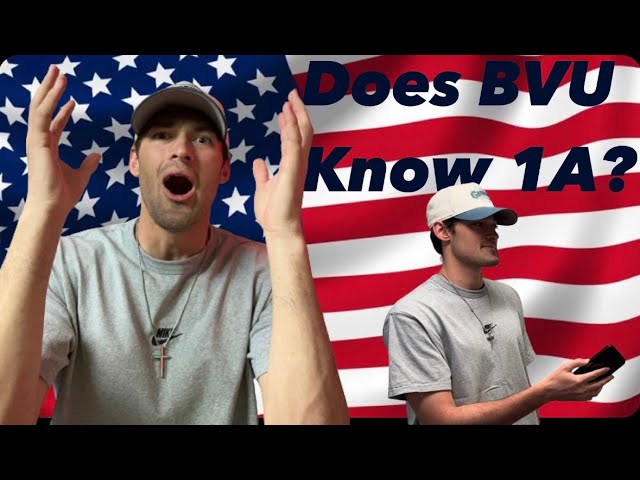
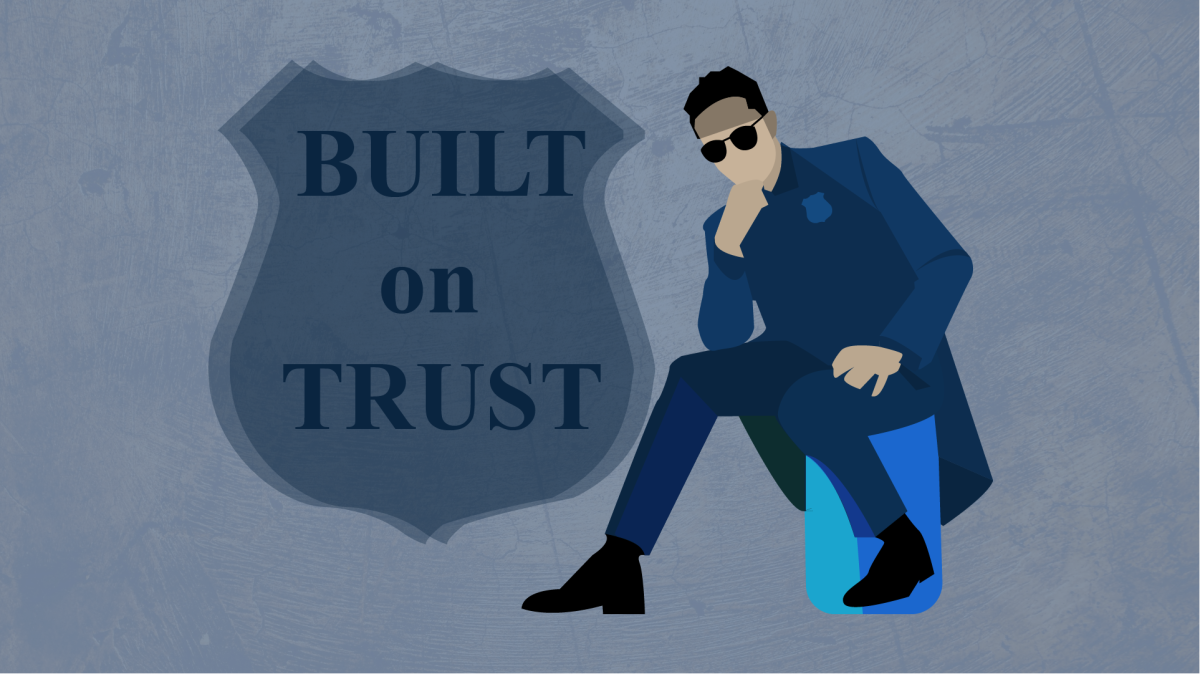
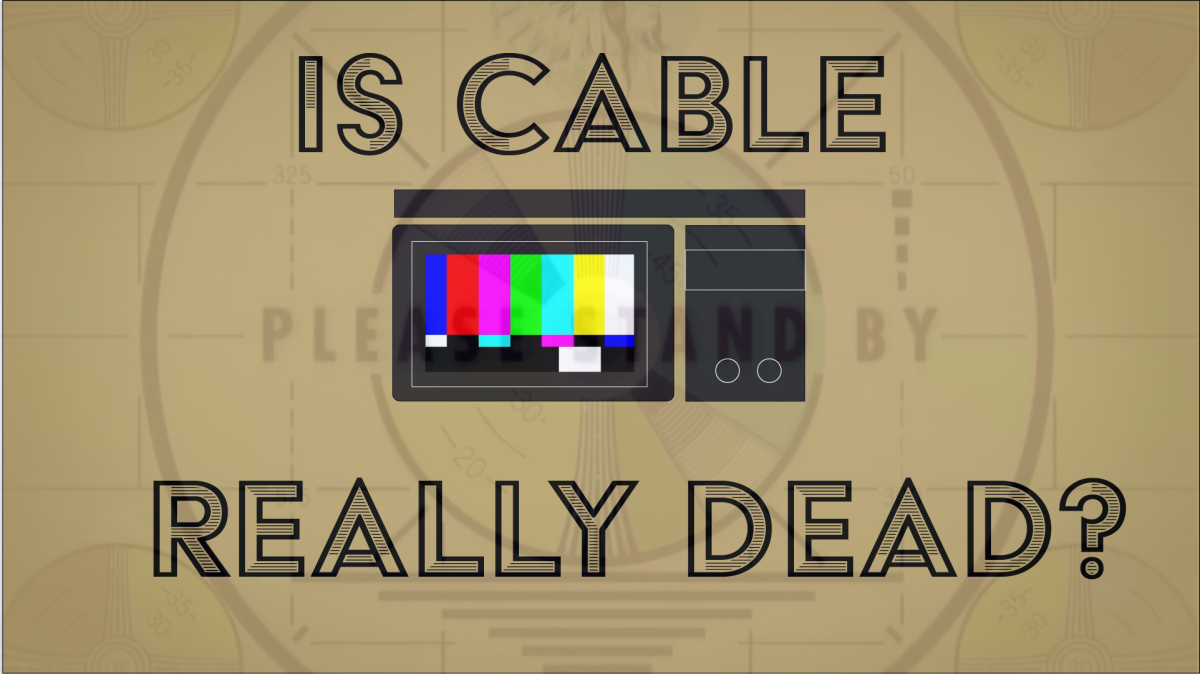
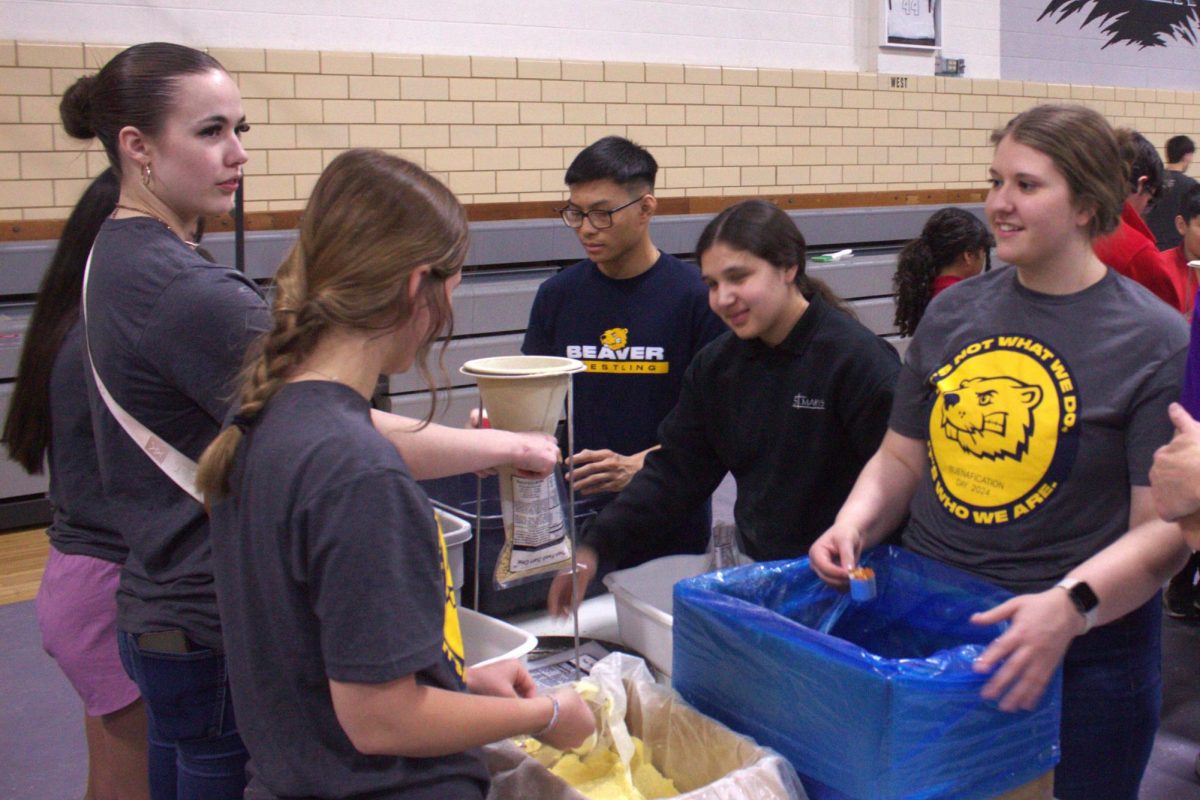
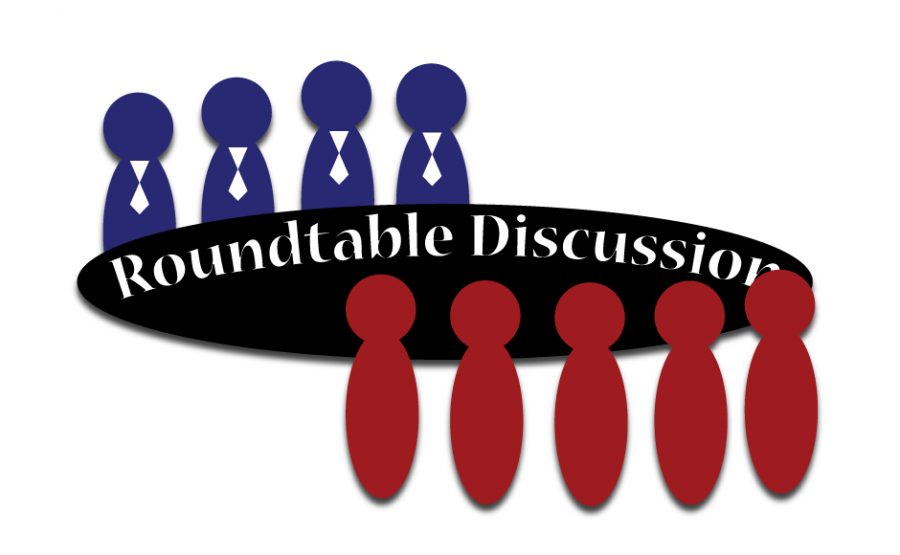
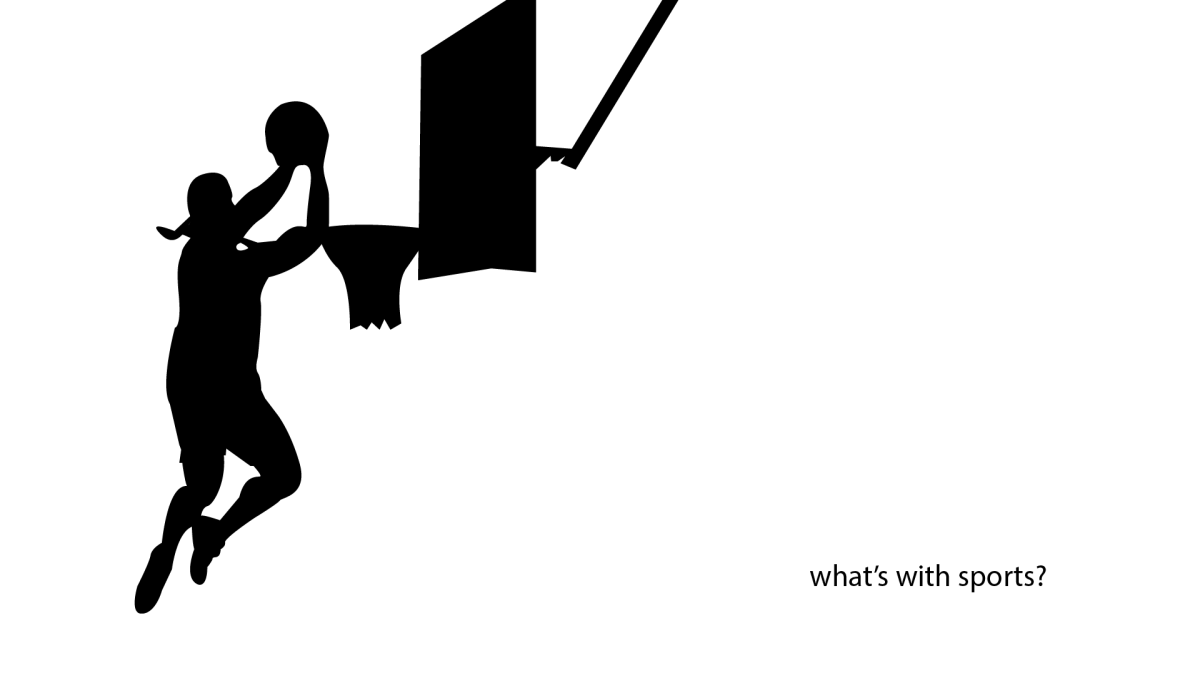
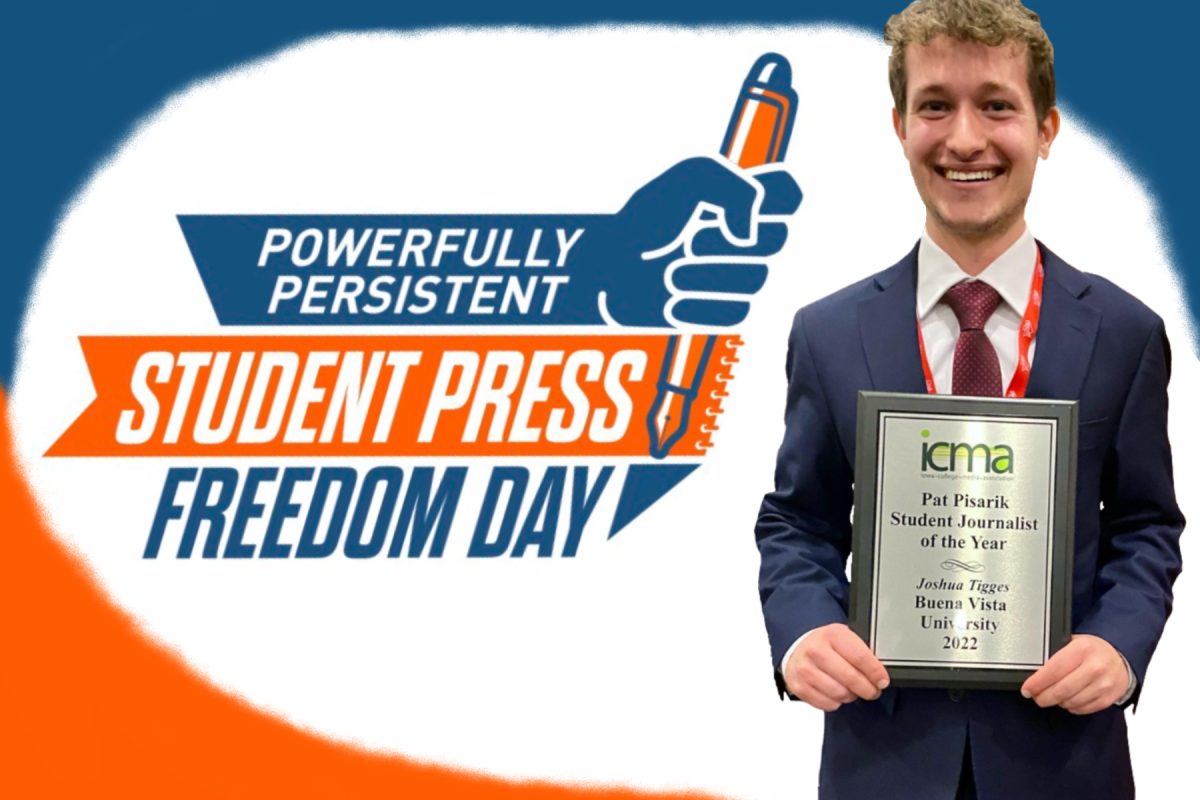
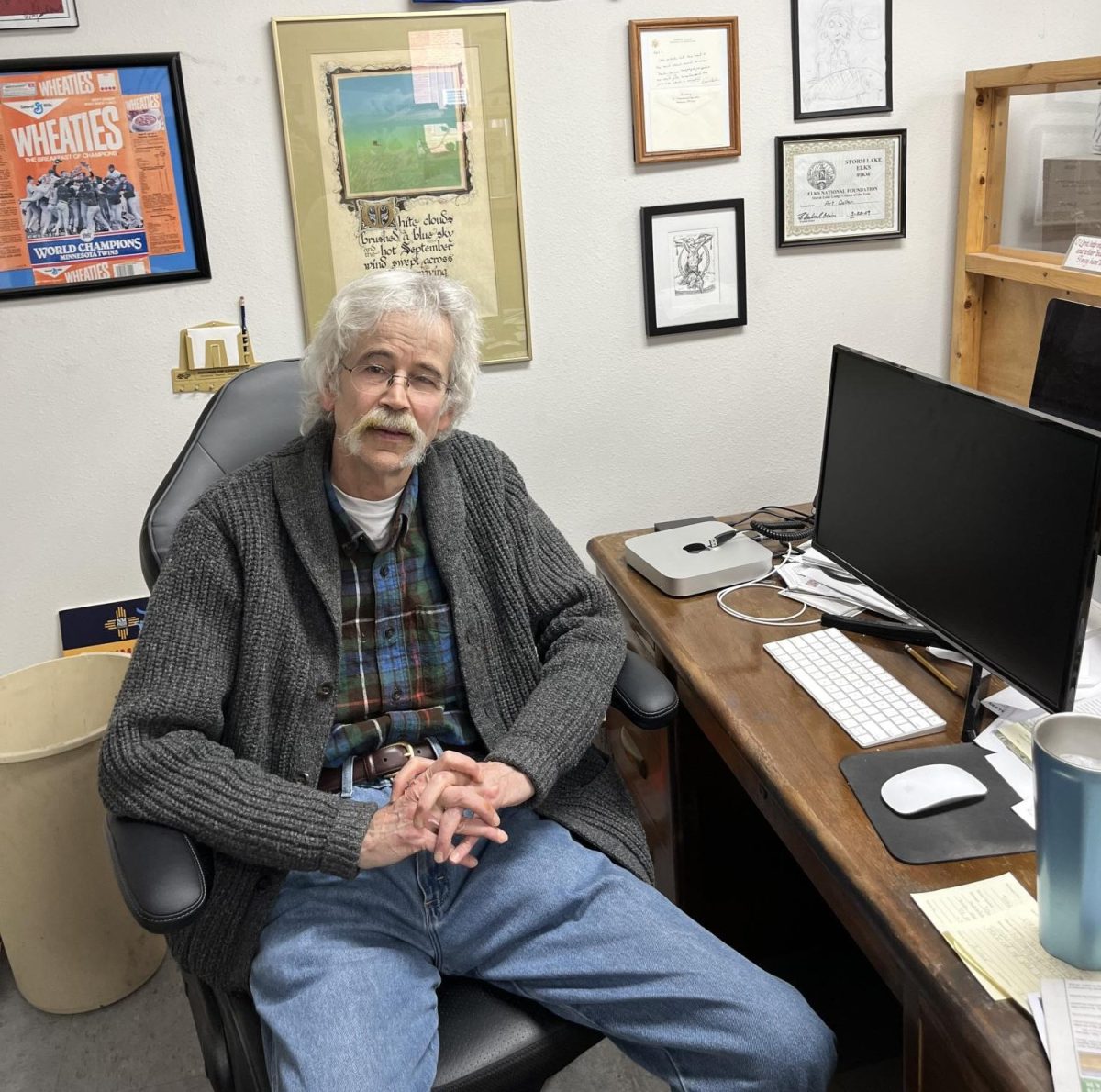
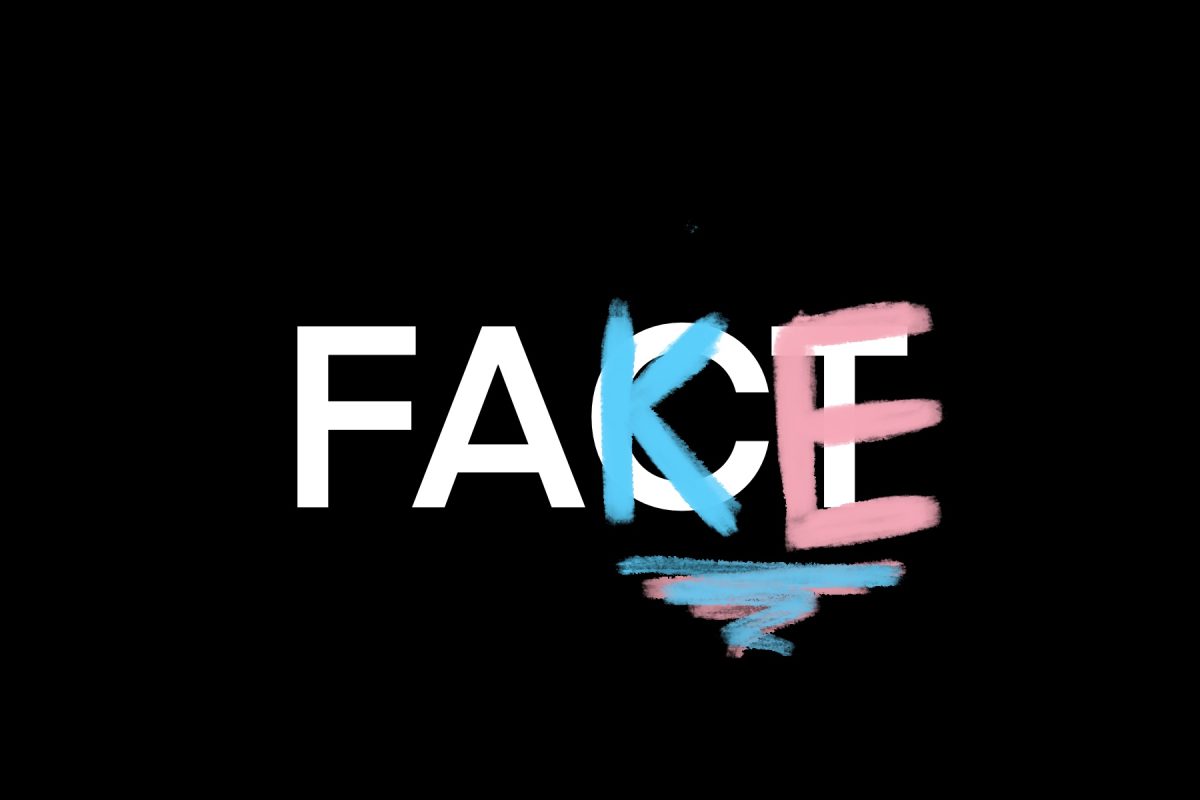


Adam Ullerich • Feb 27, 2014 at 8:27 pm
Thank you for the feedback Karl. Your specific opinion was expressed verbatim at the meeting tonight as a promotion for “letter from the president” being sent to all students via e-mail.
Karl • Feb 27, 2014 at 10:46 am
This is beautiful. Thanks for sharing your thoughts Adam. I remember a time when my senator sent me weekly e-mails letting me know what happened in the meeting and asking for my input, both in general and on specific campus issues. I think this was a much more effective form of communication than using social media. There is no way that I could check every thing that each of my friends and pages posts on facebook, but there is no way that an e-mail passes through my inbox without me reading it.